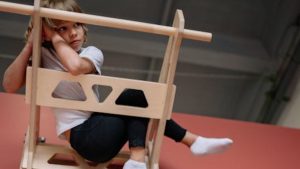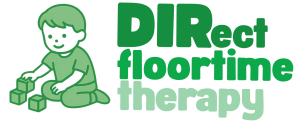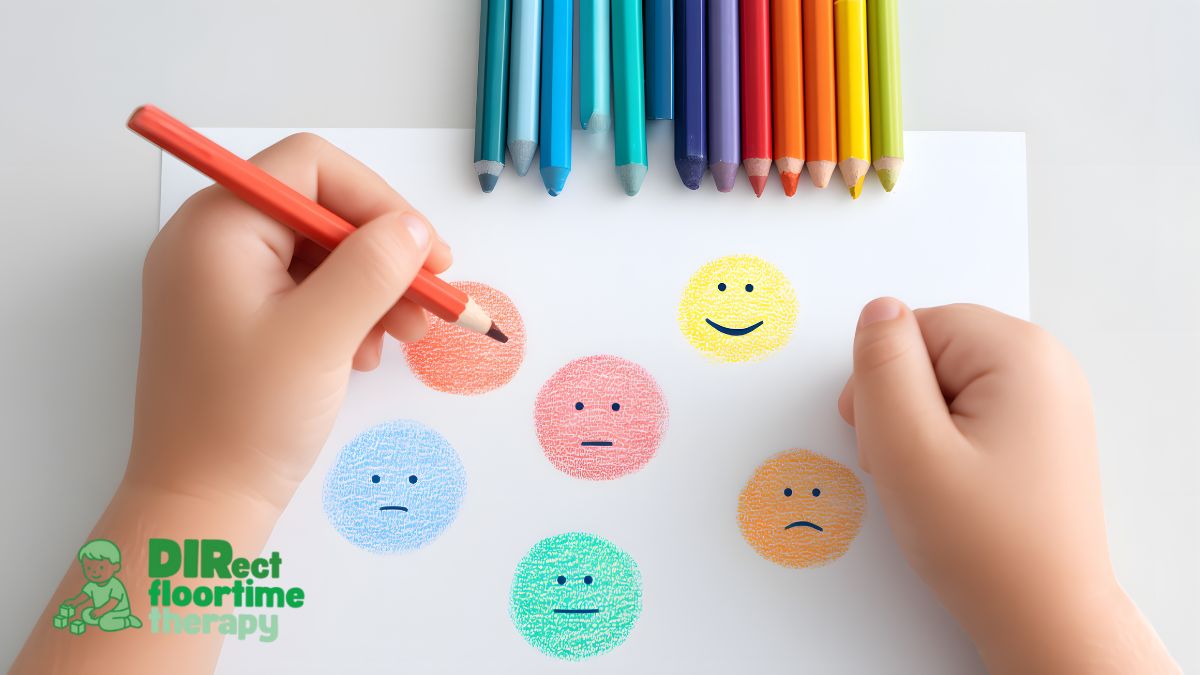Key Points:
- Implement small, consistent routines and structured activities to help children with ADHD thrive daily.
- Use positive reinforcement and step-by-step tasks to build confidence, focus, and long-term success.
- Combine behavioral therapy, school strategies, and supportive home environments to maximize progress.
If a child has recently been diagnosed with ADHD, parents might find themselves asking…
“What does this mean for their future? “Will they struggle forever? “As a mom, am I doing enough?” The fact is unmistakable: a youngster with ADHD should not be held back.
A child may learn, develop, and flourish with the correct methods, treatments, and support network. And today, this guide will show exactly how. Keep reading.
Understanding ADHD in Children
One of the most prevalent pediatric disorders is attention-deficit/hyperactivity disorder, or ADHD. Actually, according to the CDC, around 6 million youngsters in the US have received a diagnosis. That’s about 1 in 10 kids.
So if your child is one of them, you are not alone. The fact is that your child’s ADHD does not define them. Indeed, impulsivity, hyperactivity, and inattention are symptoms of ADHD that can make daily life more difficult. But it also comes with something else.
Children with ADHD are often some of the most creative, energetic, and innovative kids you’ll ever meet. They think differently. They see the world differently. And that difference, when guided the right way, can become their greatest strength.
This is where ADHD help starts: by providing your child with the resources and framework they require to succeed, rather than attempting to “fix” them.
Everyday Strategies for Children with ADHD

“What can I do at home right now that will truly help my child?” is a question that many parents have.”
The good news is that they don’t have to start from scratch because little daily activities can make a big difference for kids with ADHD.
- Take consistency, for example. Routines can be powerful. A steady schedule for study, bedtime, or wake-up time gives children a sense of structure. It also reduces stress within the family.
- Breaking tasks down. Instead of saying, “Do your homework,” break it into smaller steps. “First, finish these five math problems.” Little wins add up.
- Positive reinforcement. When your child tries, notice it. Honor it. Give credit for the work rather than merely the result.
Why is this effective?
Studies show that strategies for children with ADHD, like structured reinforcement systems in the form of praise, small rewards, and recognition, actually rewire behavior over time.
Your youngster will also be more likely to persist if they believe they are capable and supported. One tiny victory at a time is how progress begins.
Behavioral Therapy for ADHD
Now let’s talk about therapy.
For young children especially, behavioral therapy for ADHD is considered the first line of treatment. The American Academy of Pediatrics says it should come before medication for kids under six.
Why?
Behavioral treatment imparts abilities that last a lifetime.
The objective is straightforward: eliminate disruptive behaviors while increasing good ones.
Here’s how it works:
- Parents learn behavior management techniques. You’ll know exactly how to set expectations, give directions, and use rewards that actually stick.
- Teachers get involved, using tools like daily behavior charts, so progress happens at school too.
- Kids build social skills—how to take turns, manage frustration, and connect with peers.
And here’s something powerful:
The largest ADHD help treatment study ever conducted—the MTA Study—found that behavior therapy, especially when parents were deeply involved, led to outcomes just as good as medication in many cases.
Think about that.
You may actually influence your child’s future behavior in positive, long-lasting ways if you give them the correct guidance.
Strategies Based in Schools

Since children spend the majority of their days in school, it should come as no surprise that here is where ADHD most frequently manifests itself. It could manifest as trouble concentrating, remaining orderly, or sitting still.
The good news? With the right classroom strategies, big improvements are possible. Some of the most effective approaches include:
- Giving clear and simple instructions.
- Using visual aids or reminders.
- Allowing short movement breaks.
- Offering tools like checklists or color-coded folders.
- Reinforcing positive behavior with systems such as daily report cards.
Teachers also see something encouraging. When lessons are hands-on, interactive, or multimedia-based, many children with ADHD perform at their best. Research in School Psychology Review found that structured classroom management supports both behavior and academic growth.
When parents and schools work together, progress isn’t only possible—it’s much more likely.
Therapy for Kids with ADHD
What about older children now? Though it’s not the sole choice, behavior treatment can be beneficial. Other strategies can increase self-assurance and resilience too.
Consider cognitive-behavioral therapy, or CBT as it is commonly abbreviated. It helps children learn to control their negative thoughts. Moreover, it helps them create good coping strategies. Or think of social skills groups, which provide kids with a secure environment in which to practice communication, cooperation, and even conflict resolution.
Then there’s family therapy. It’s not just about the child—it’s about improving how the household communicates. And when daily stress at home lightens up, doesn’t everyone breathe easier?
These therapies do more than support the child. They create a stronger family unit. Because when the family feels steady, the child feels secure.
ADHD Support Group for Parents
Doesn’t raising a child with ADHD feel like a rollercoaster? There are days when you question whether you’re doing enough. On other days, all you want is for someone to see how you’re feeling.
The good news is that you don’t have to deal with this alone. This is where parent support groups for ADHD come in.
You will find other parents who genuinely understand in these communities.
You’ll swap tips that actually work. You’ll celebrate the small wins together. Most of all, you’ll hear something powerful: “I understand.” According to research, parents who belong to these groups frequently experience less stress. They also become more self-assured. Moreover, they build closer bonds with their family.
But that’s just one aspect of the issue. There may be new options if you are aware of your child’s rights at school. The Individuals with Disabilities Education Act (IDEA) and Section 504 provide protection for your child. You can explore state-specific programs through the Parent Center Hub if you’re not sure where to start.
Don’t forget to ask for help and look for yourself. A therapist can be very helpful. It reduces stress if you’re feeling exhausted. You can be a better, stronger parent to your child if you feel more resilient.
Building a Nurturing Environment
Your child’s everyday routines are just as important as their therapy or academic ambitions.
That means helping them with:
- Nutritious meals at regular times.
- Daily movement to burn energy while boosting focus.
- A steady sleep routine for better mood and attention.
- Creative outlets like drawing, music, or sports—where their strengths can stand out.
These habits may look simple. Yet when combined, they form the base of a caring home.
When your child feels supported at home, the progress from therapy or school becomes even more effective.
Looking Toward the Future
So where does all this lead?
Here’s the truth: Children with ADHD may learn differently—but that difference can become their superpower. Take Thomas Edison. At one point, teachers called him “difficult” and predicted poor success in school.
He proved them all wrong.
He later became one of the greatest inventors in history. That same spark lives within.
With the correct strategies and support, that spark may develop into something genuinely amazing.
Taking Advantage of Obstacles to Create Opportunities
Now let’s bring this all together. Supporting a child with ADHD? It’s not about perfection.
It’s about progress. And progress doesn’t happen all at once. It comes step by step… through the right mix of strategies.
Behavioral therapy. School-based support. And powerful methods like DIRect Floortime—meeting your child exactly where they are and helping them grow from there.
Your child is capable of incredible things. With encouragement. With consistency. With love.
Challenges? They don’t have to hold your child back. They can transform into opportunities.
They can become stepping stones toward a brighter future.
And if you’re in North Jersey, support is closer than you think. DIRect Floortime programs are designed to help you and your kid succeed.
Are you prepared to go forward now? The future of your child begins now, so get in touch.



